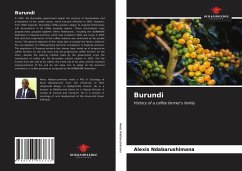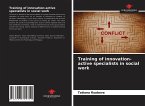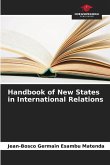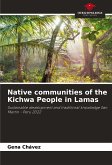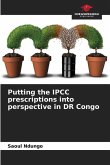In 1992, the Burundian government began the process of liberalization and privatization of the coffee sector, which became effective in 2005. However, from 2002 onwards, Burundian coffee growers began to organize themselves into associations in all coffee growing regions. These associations have progressively grouped together within federations, including the BONAKURE Federation in Kayanza province, which was created in 2003, but it was in 2005 that technical supervision of the coffee industry was entrusted to the private sector. The general objective of this study was to analyze the factors linked to the non-adoption of coffee-growing technical innovations in Kayanza province. The population of Kayanza province has always been made up of progressive coffee farmers on the one hand and non-progressive coffee farmers on the other, despite the policing method used by the government since the introduction of coffee into the Burundian cultural system in 1920. The low income from the sale of his coffee, the small size of his plots and the constant impoverishment of the soil do not allow him to adopt all the technical innovations in coffee growing as proposed by the BONAKURE federation.
Bitte wählen Sie Ihr Anliegen aus.
Rechnungen
Retourenschein anfordern
Bestellstatus
Storno

